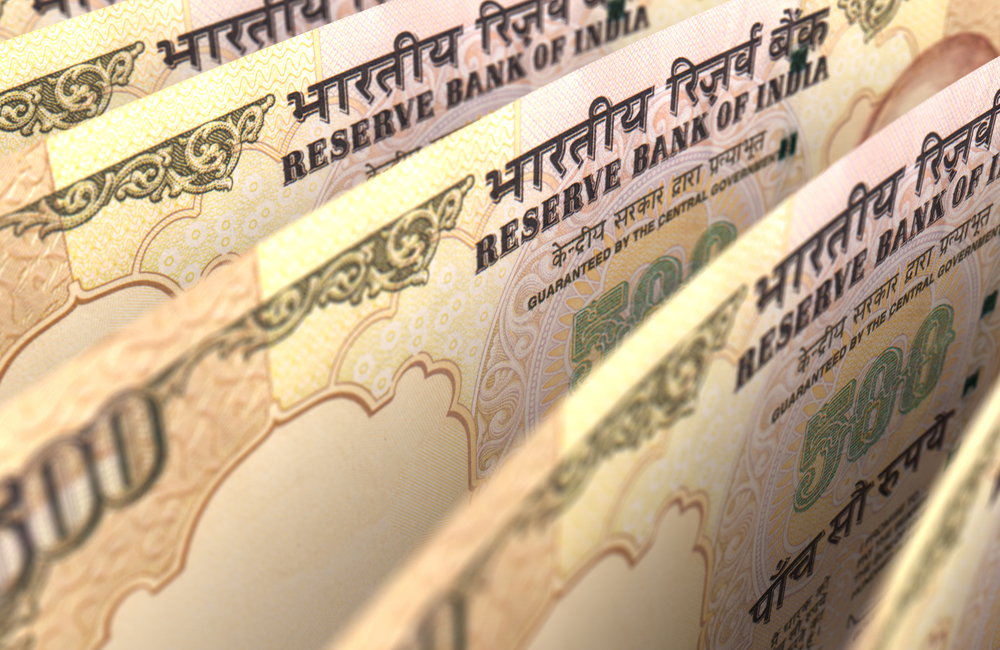-
Tips for becoming a good boxer - November 6, 2020
-
7 expert tips for making your hens night a memorable one - November 6, 2020
-
5 reasons to host your Christmas party on a cruise boat - November 6, 2020
-
What to do when you’re charged with a crime - November 6, 2020
-
Should you get one or multiple dogs? Here’s all you need to know - November 3, 2020
-
A Guide: How to Build Your Very Own Magic Mirror - February 14, 2019
-
Our Top Inspirational Baseball Stars - November 24, 2018
-
Five Tech Tools That Will Help You Turn Your Blog into a Business - November 24, 2018
-
How to Indulge on Vacation without Expanding Your Waist - November 9, 2018
-
5 Strategies for Businesses to Appeal to Today’s Increasingly Mobile-Crazed Customers - November 9, 2018
RBI grants ‘in-principle’ approval to 11 payment banks applicants
Reliance Industries has already joined hands with the State Bank of India, while Kotak Mahindra Bank has invested around 19.9 per cent in Airtel M Commerce Services Ltd.
Advertisement
The other entities which have been given “in-principle” approval are Cholamandalam Distribution Services, Tech Mahindra, National Securities Depository Limited (NSDL), Fino PayTech, Sun Pharma’s Dilip Shantilal Shanghvi and PayTM’s Vijay Shekhar Sharma.
Airtel’s wholly owned subsidiary Airtel M Commerce Services Limited (AMSL) has been granted the approval for payments bank by the RBI. “It (committee of the central board) has selected entities with experience in different sectors and with different capabilities so that different models could be tried”.
Payments bank licence will allow companies to collect deposits (initially up to Rs 1 lakh per individual), offer Internet banking, facilitate money transfers and sell insurance and mutual funds.
There is a new term making a buzz in the business world lately with only few people actually knowing what it is, so in this article we looking in depth on what actually these payment banks are and do you need know about it and what effect it is going have in your life?
There is speculation that ICICI Bank, which had earlier not ruled out such tie-ups, could join hands with Fino PayTech in which it holds a stake.
In the Union Budget for 2014-15, the Finance minister had announced plans to put into place a structure for differentiated banks that serve certain niche interests, local area banks, payment banks among others to meet credit and remittance needs of small businesses, unorganized sector, low income households, farmers and migrant work force.
Importantly, payment banks allow mobile firms, supermarket chains, and others to cater to individuals and small businesses. The minimum capital needed to set up a payments bank is set at Rs 100 crore.
Besides, they can issue ATM/debit cards, but not credit cards. They are part of India’s financial inclusion push, meant to bring banking services to a country where less half the adult population has a bank account.
Vodafone said the company has partnered with several government bodies to run pilot projects for enabling direct transfer of wages/subsidies and the payments bank licence would enable it to build on this further.
The companies selected will be given “in-principle” approval for 18 months, after which they will be given licences if they fulfil all conditions stipulated by the RBI, the central bank said on Wednesday.
Advertisement
Payments banks will largely depend on mobile and ATM infrastructure to provide transaction banking services.





























